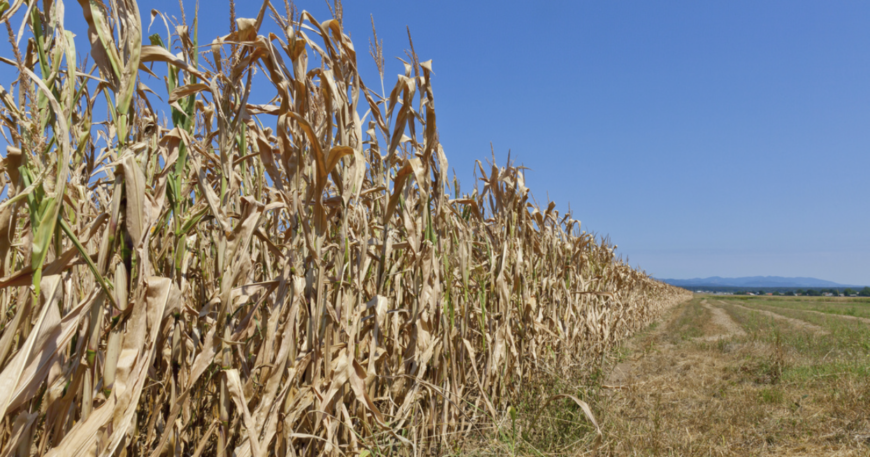By Faith Chibwe
Climate change is one of the most pressing global issues of our time, with far-reaching impacts on ecosystems and human societies.
While climate change affects people all over the world, those living in rural areas are particularly vulnerable due to their dependence
on natural resources for their livelihoods.
Climate change has significant social impacts on people living in rural areas. One of the most significant impacts is on food security, as changes in weather patterns and extreme weather events can lead to crop failures and food shortages. This can result in malnutrition,
hunger, and even starvation, particularly in areas where people rely on subsistence agriculture for their livelihoods.
Climate change can also exacerbate existing social inequalities, as those who are already marginalized or disadvantaged are often the
most vulnerable to its impacts.
For example, women and children are often disproportionately affected by climate change, as they are more likely to be involved in subsistence agriculture and have fewer resources to cope with its impacts.
Furthermore, climate change also has significant economic impacts on people living in rural areas. Changes in weather patterns can lead to
reduced crop yields, which can have a devastating impact on the livelihoods of small-scale farmers. This can lead to poverty, unemployment, and migration to urban areas in search of work.
Additionally, extreme weather patterns such as floods and droughts can also have a significant economic impact on rural communities. Floods can destroy crops and infrastructure, while droughts can lead to water shortages and the loss of livestock. These impacts can result in significant economic losses for rural communities, particularly those that are already marginalized or disadvantaged.
Climate change also has significant environmental impacts on rural areas. Changes in weather patterns can lead to changes in ecosystems, which can have a significant impact on biodiversity and the health of ecosystems. This can have a cascading effect on other aspects of the environment, such as water quality and soil health.
Extreme weather events such as floods and droughts can also have a significant impact on the environment. Floods can lead to soil erosion and the loss of topsoil, while droughts can lead to desertification and the loss of vegetation. These impacts can have a significant impact on the health of ecosystems and the ability of rural communities to rely on natural resources for their livelihoods.
Climate change has significant impacts on people living in rural areas, with social, economic, and environmental impacts that are far-reaching and severe. Addressing these impacts will require a concerted effort from all stakeholders, including governments, civil society, and the private sector. By implementing policies that prioritize the interests of rural communities, such as investing in climateresilient
infrastructure and supporting small-scale farmers, we can begin to address the root causes of climate change and build a more equitable and
sustainable future for all.













